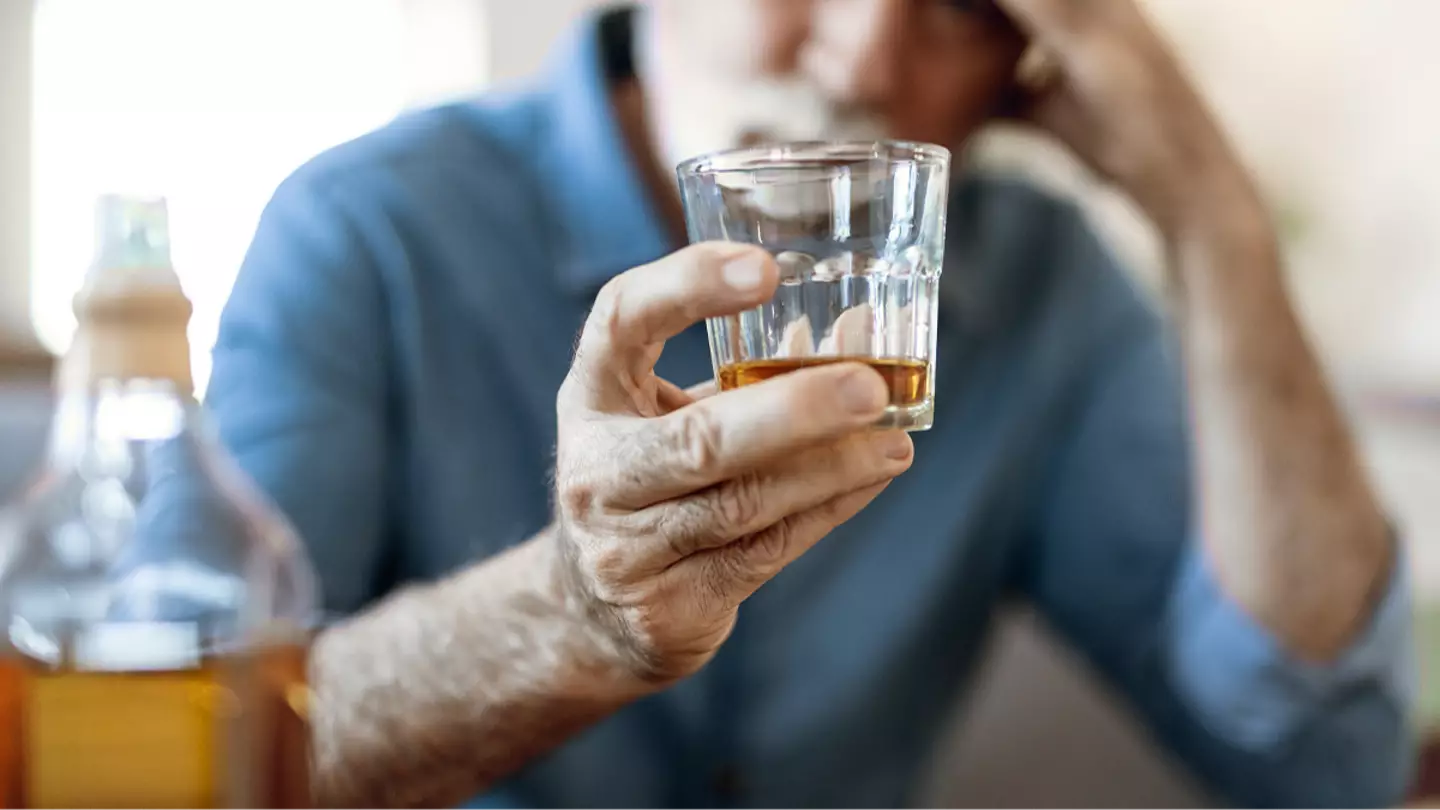
A 'compelling' new study has highlighted one of the many problems that can occur for heavy drinkers in their later life and how all that booze can negatively impact brain health.
Now most people don’t need to be told this, but alcohol isn’t exactly great for you. I mean, it is pretty much a poison and as a species we just like to have a bit of fun with it.
In the grand scheme of things, having the odd drink here and there isn’t really that big of a deal for the body - after all, we are pretty resilient as humans.
But problems can certainly occur for those who consume considerable amounts.
Advert
Beyond the massive cash drain and potential dependency possibilities, ‘heavy drinkers’ can face long-term effects that can ultimately damage the brain according to a new study out of Brazil titled 'Association Between Alcohol Consumption, Cognitive Abilities, and Neuropathologic Changes'.

The study author, Alberto Fernando Oliveira Justo, PhD, of University of Sao Paulo Medical School in Brazil said: “Heavy alcohol consumption is a major global health concern linked to increased health problems and death.”
In this context, a heavy drinker is considered to be someone who consumes eight or more alcoholic drinks per week.
The Brazilian researchers found that those that do have a higher risk of developing brain lesions called hyaline arteriolosclerosis, signs of brain injury that are associated with memory and thinking problems.
A press release by the American Academy of Neurology went into greater depths on the study and the researcher’s findings.
Justo continued: “We looked at how alcohol affects the brain as people get older. Our research shows that heavy alcohol consumption is damaging to the brain, which can lead to memory and thinking problems.
“We found heavy drinking is directly linked to signs of injury in the brain, and this can cause long-term effects on brain health, which may impact memory and thinking abilities.”
The study included 1,781 people who had an average age of 75 at death. All had brain autopsies.
It's important to note that at this stage, the findings are suggestive and not proof of cause and effect.

Of those who never drank, 40 percent had vascular brain lesions. Of the moderate drinkers, 45 percent had vascular brain lesions. Of the heavy drinkers, 44 percent had vascular brain lesions. Of the former heavy drinkers, 50 percent had vascular brain lesions.
After adjusting for factors that could affect brain health such as age at death, smoking and physical activity, heavy drinkers had 133 percent higher odds of having vascular brain lesions compared to those who never drank, former heavy drinkers had 89 percent higher odds and moderate drinkers, 60 percent.
Researchers also found heavy and former heavy drinkers had higher odds of developing tau tangles, a biomarker associated with Alzheimer’s disease, with 41 percent and 31 percent higher odds, respectively.
Justo concluded that understanding the impact of heavy drinking was crucial for public health awareness and could ultimately result in preventative measures being taken before the impacts are realized.